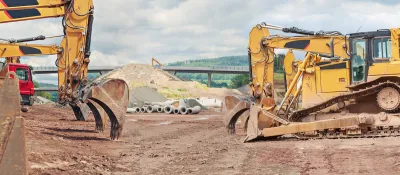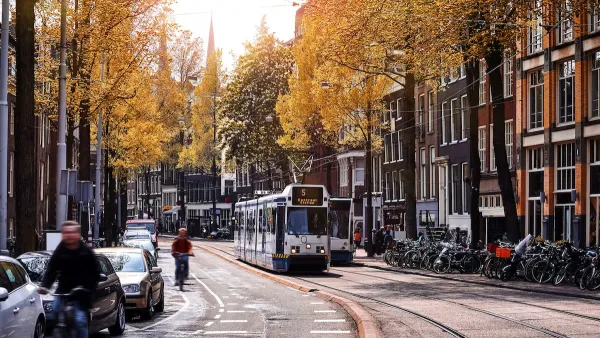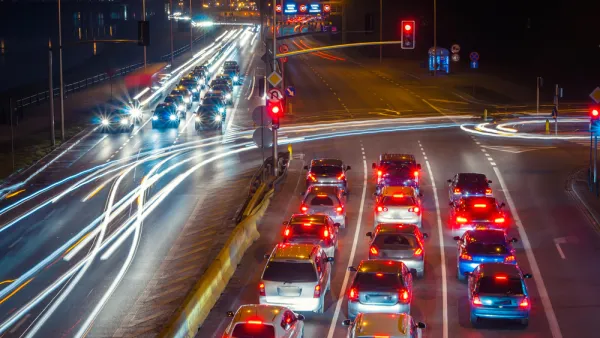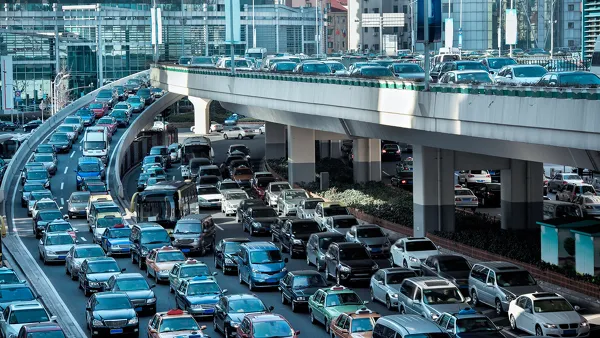It is time to reconsider assumptions about how much and how people want to travel. Per capita vehicle travel has saturated. Many people would prefer to drive less and rely more on non-auto modes, provided they are convenient and affordable.

Professor David Metz's new book, Travel Behaviour Reconsidered in an Era of Decabonisation, available free from University College London Press, challenges fundamental assumptions concerning how and how much people want to travel.
It argues that as transport networks mature the benefits of further expanded roadways decline. Over the past half-century, large public expenditures on roads and railways were justified by economic evaluations that placed high values on time savings provided by faster travel. However, average travel time has not changed over this period. People have taken the benefit of faster travel to expand where they travel, resulting in more sprawl and less accessibility — people must travel farther to reach desired services and activities.
The book critiques the methods used by transportation economists and governments to appraise investments and discusses better alternatives. It argues that the basis of orthodox transport economic analysis has been misconceived and a fresh perspective on economic analysis is now needed. It indicates that overall, most people would prefer transportation planning that increases accessibility with less mobility.
FULL STORY: Travel Behaviour Reconsidered in an Era of Decarbonisation

Analysis: Cybertruck Fatality Rate Far Exceeds That of Ford Pinto
The Tesla Cybertruck was recalled seven times last year.

National Parks Layoffs Will Cause Communities to Lose Billions
Thousands of essential park workers were laid off this week, just before the busy spring break season.

Retro-silient?: America’s First “Eco-burb,” The Woodlands Turns 50
A master-planned community north of Houston offers lessons on green infrastructure and resilient design, but falls short of its founder’s lofty affordability and walkability goals.

Test News Post 1
This is a summary

Analysis: Cybertruck Fatality Rate Far Exceeds That of Ford Pinto
The Tesla Cybertruck was recalled seven times last year.

Test News Headline 46
Test for the image on the front page.
Urban Design for Planners 1: Software Tools
This six-course series explores essential urban design concepts using open source software and equips planners with the tools they need to participate fully in the urban design process.
Planning for Universal Design
Learn the tools for implementing Universal Design in planning regulations.
EMC Planning Group, Inc.
Planetizen
Planetizen
Mpact (formerly Rail~Volution)
Great Falls Development Authority, Inc.
HUDs Office of Policy Development and Research
NYU Wagner Graduate School of Public Service




























